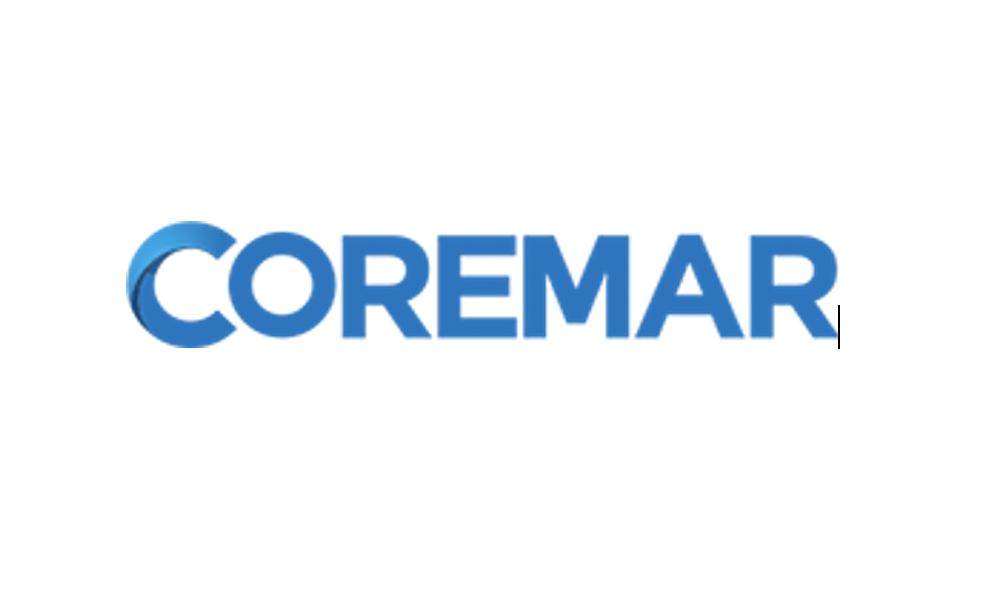Employees are the backbone of the organization and their happiness is directly correlated with satisfied customers. This is even more important than ever as companies evolve into traditional, multi-generational human resource processes that challenge talent management.
Many CEOs cite misalignment of the talent process as a top concern in managing the future workforce, especially as their staff views the traditional annual performance appraisal process as slow, overly subjective, and irrelevant. The HR leaders of many organizations have focused on improving the performance management process for several years, but the 82% of HR leaders still believe that this process is not effective in achieving their primary goals.
To keep employees happy, engaged, and productive, organizations need to continually innovate and modernize. Many of the HR leaders report that they are already making changes to their performance appraisal processes. The 2019 Gartner Performance Management Benchmarking Survey corroborates that the 81% of HR leaders are making changes to this process.
¿Why are organizations reviewing the performance appraisal process?
Continuous feedback is a key component to an organization's strategy. Research shows that prospective discussions make performance evaluations more useful than focusing on past performance. Gartner's research shows that the usefulness of a performance review increases on a 4% when skills and competencies development is included, and such prospective discussions can increase employee performance on a 13%.
Organizations that adopted prospective discussions as part of the evaluations believe that these types of discussions are useful if:
the boss and employees have quality conversations. The boss should know when to have this conversation and make sure it helps employees in their development.
The Heads act as a connector. They ask the right questions during discussions, provide personalized feedback, and help employees connect with the right resources that can help them grow. They understand the needs, assess the skills and interests of employees and train them accordingly.
Regular training sessions are held for employees who have staff on how to keep these discussions relevant.
What do employees expect from continuous feedback?
Employees like a simple and flexible feedback mechanism, preferring to have an option to choose what to discuss with the boss. For example, employees like to have a discussion about their business goals earlier in the year, covering specific business initiatives like customer satisfaction. At the next meeting, they may want to have a discussion about additional goals or new topics, such as improving productivity. Such flexibility helps them have focused discussions on relevant issues with the boss with the progressive year.
To effectively incorporate continuous feedback and the culture of coaching, organizations also need to build a culture of discussion, feedback and recognition at all levels.
It is important to know that the feedback must be relevant and aligned with the objectives, achievements and performance of the employees.





